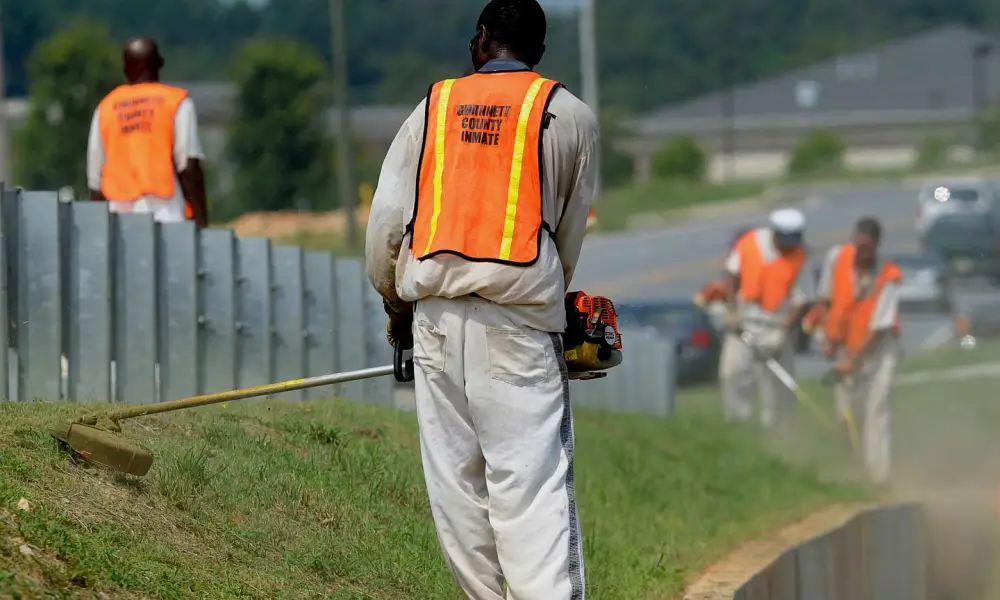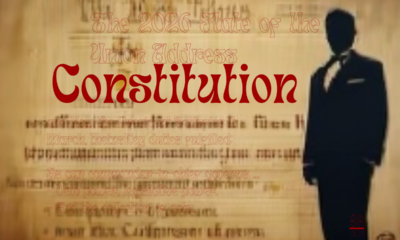Legislative
Four U.S. states do away with forced prison labor, one state votes to keep it

One of the questions on the ballot in five US states on this week’s midterms asked voters to decide the future of forced prison labor, the only form of slavery still legally allowed in the country in the few states that still employ the punitive measure. Four out of the five states voted to abolish prison labor, while Louisiana chose to keep it.
Voters in Oregon, Vermont, Tennessee and Alabama chose to do away with the practice of punishing prisoners with forced labor.
Louisiana voters, however, decided to continue with forced prison labor in their state, making it one of the last dozen or so states in the country that still uses prisoners for labor. A handful of them still put prisoners to work doing hard manual labor.
The measure is protected under the Thirteenth Amendment of the United States Constitution, which reads, “Neither slavery nor involuntary servitude, except as a punishment for crime whereof the party shall have been duly convicted, shall exist within the United States, or any place subject to their jurisdiction.”
The four states whose voters chose to end the practice will remove the language from their state constitutions.
According to a report by the American Civil Liberties Union earlier this year, the United States in total “incarcerates more than 1.2 million people in state and federal prisons, and two out of three of these incarcerated people are also workers.”
The effort to end the practice of using prisoners for forced labor is partially based on the poor work conditions under which the inmates are made to work.
“The labor conditions of incarcerated workers in many U.S. prisons violate the most fundamental human rights to life and dignity,” said Clinical Prof. Claudia Flores, the director of the Global Human Rights Clinic, which partnered with the ACLU to put together the June report.
Their findings showed, “Prison laborers are at the mercy of their employers. They have no control over their work assignments, are excluded from minimum wage and overtime protections, are unable to unionize, do not receive adequate training and equipment, and are denied workplace safety guarantees despite often dangerous working conditions.”
-

 Civilization3 days ago
Civilization3 days agoIran – the war begins
-

 Education4 days ago
Education4 days agoFlorida Teachers Unions Have Lost Their Way
-

 Civilization4 days ago
Civilization4 days agoState of the Union – a response
-

 Guest Columns2 days ago
Guest Columns2 days agoWhy all the Jew hatred?
-

 Executive4 days ago
Executive4 days agoWaste of the Day: Improper Payments Totaled $186 Billion in 2025
-

 Executive5 days ago
Executive5 days agoGavin Newsom, You’re Better Than This
-

 Accountability4 days ago
Accountability4 days agoSafeguarding National Security through Investment in Critical Minerals
-

 Civilization2 days ago
Civilization2 days agoPirates of the American Revolution

